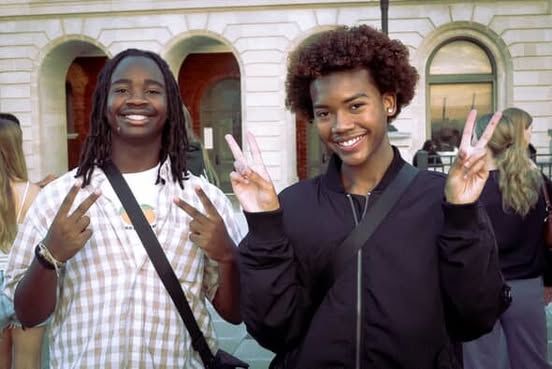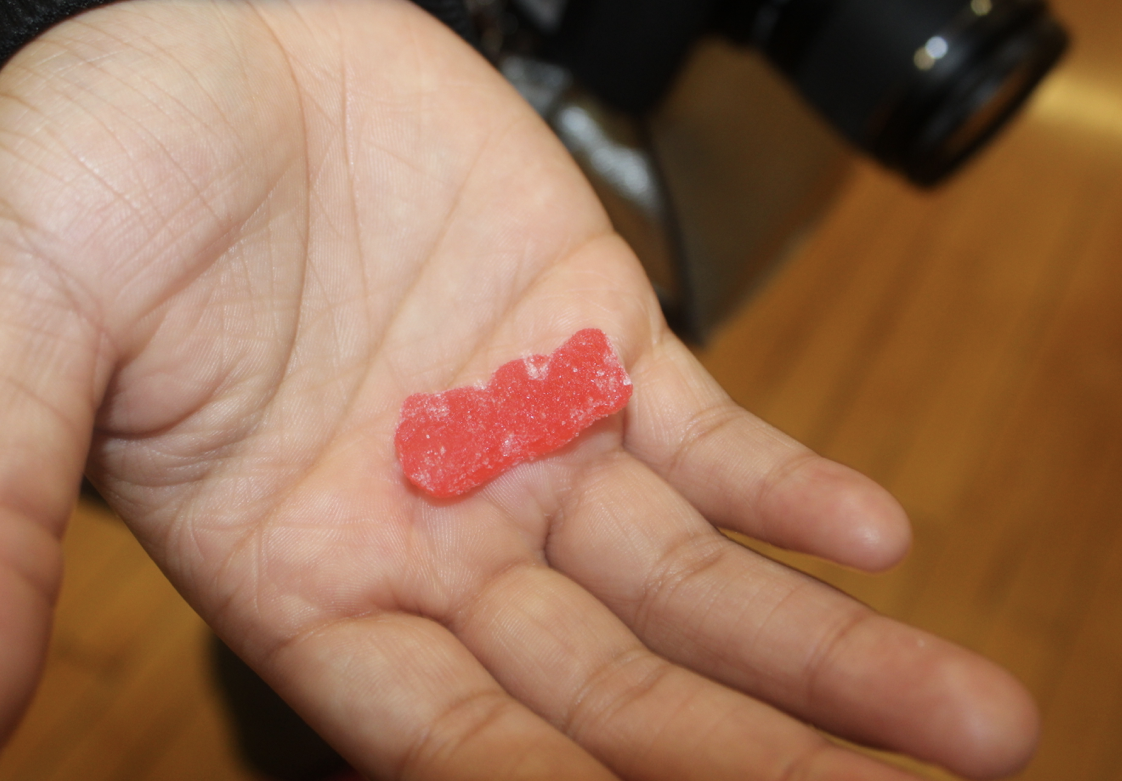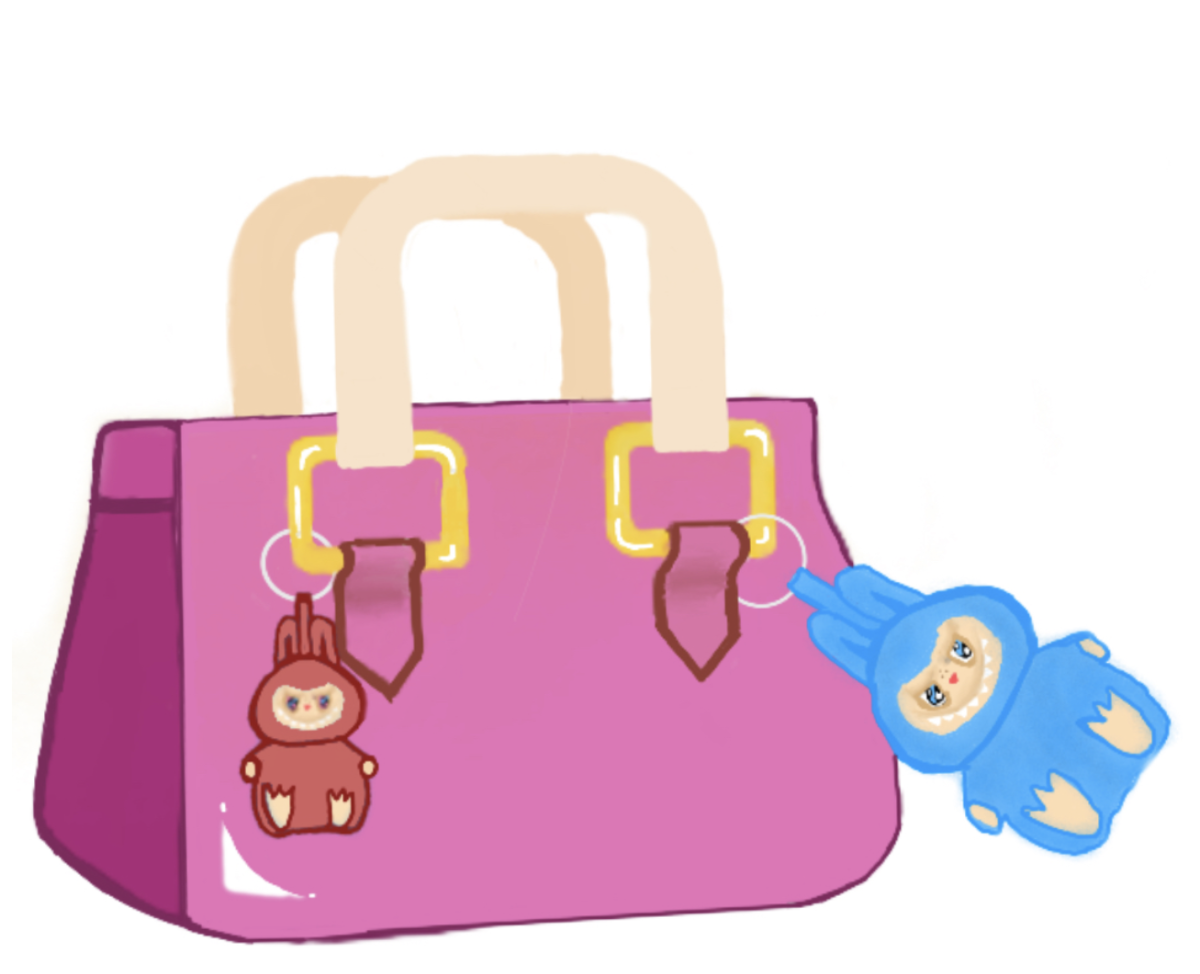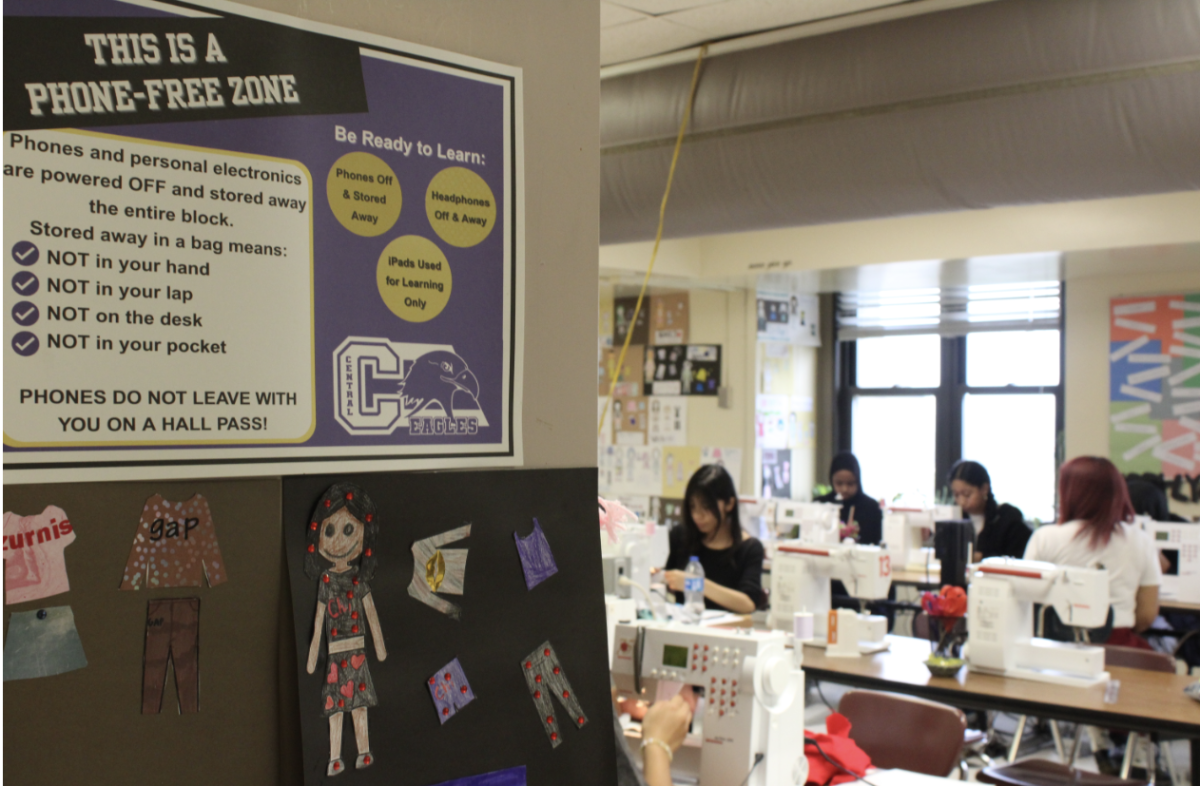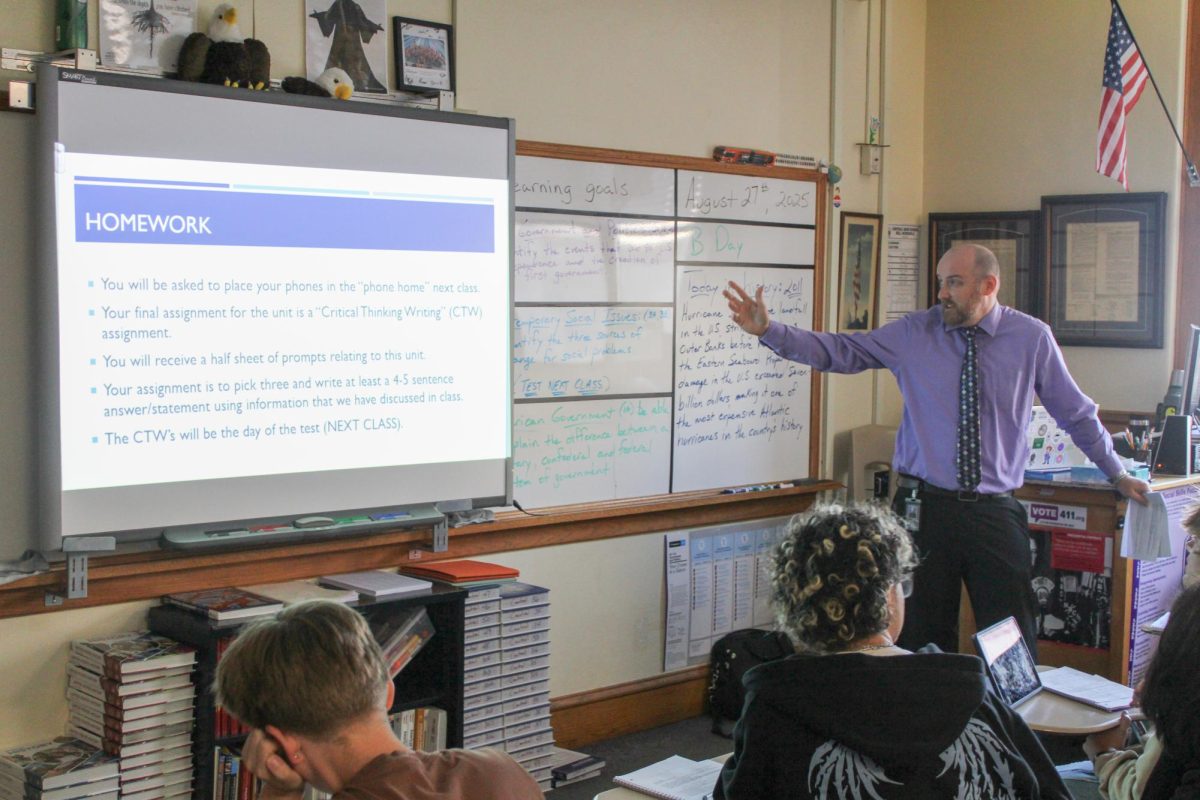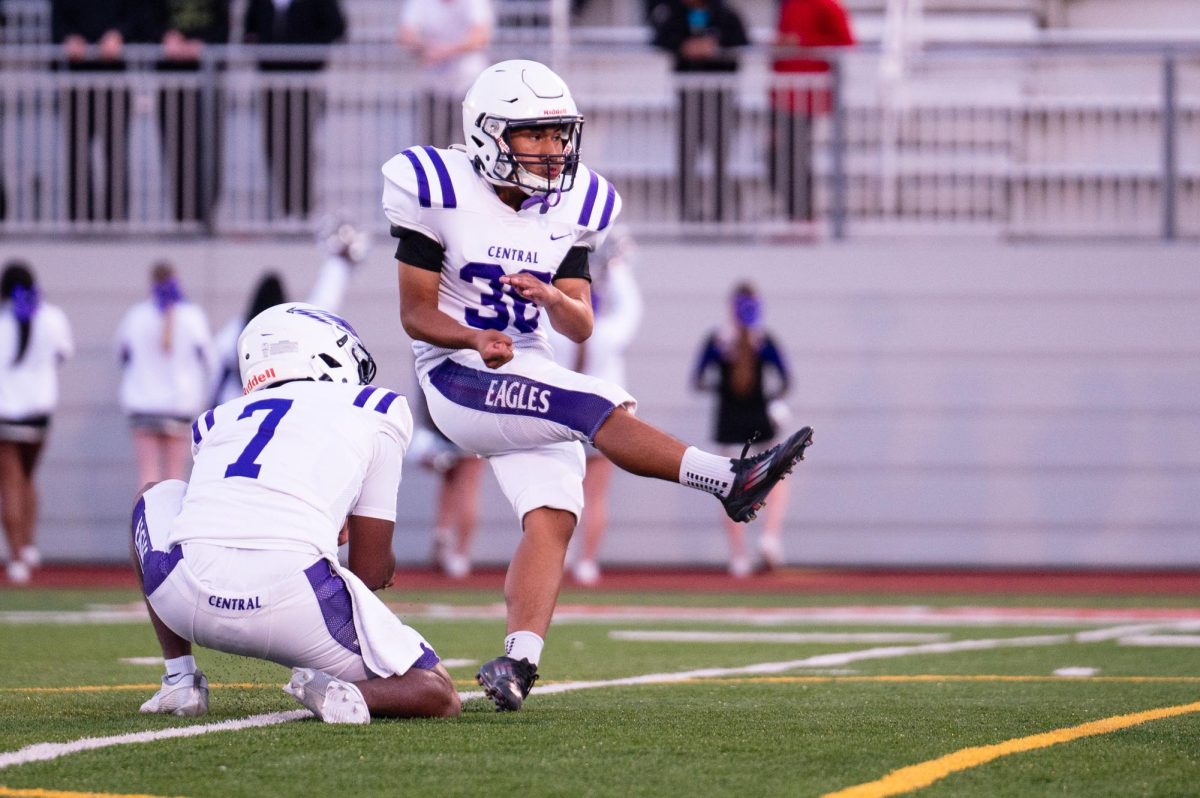Every Tuesday night at 7 p.m. a group of local Omaha board game designers gather
together to demo, test, workshop, and most importantly, play each other’s current projects. The group, known as the Spielmasons, have been getting together for over nine years at Omaha’s board game café, Spielbound. The group was formed just a couple months after Spielbound itself was founded.
Co-founder and co-owner of Spielmasons Marcus Ross spent the months leading up to Spielbound’s opening helping the cafe’s owner and personal friend, Kaleb Michaud, store, catalogue and organize the extensive collection kept on the shelves of Spielbound. In fact Ross said that many of the games had been moved at one point from Michaud’s home into Ross’s basement for some time before the opening of Spielbound.
Ross, who is the most published member of the Spielmasons with four games to his name, was never really aware that game design was a job. “Game design to me felt like something people do at Hasbro. Who knows how anybody gets that job?” he said.
It wasn’t until 2003 that he discovered that smaller niche games existed when he first played “Settlers of Catan.” But still he didn’t realize it was something he could actually do, believing you either had to be at Hasbro or in Germany to design games at all.
It took years before Ross played his first modern game, and it clicked that game design was something a person could do. Before the Spielmasons, Ross had immediate success as a designer, taking his game “Discount Salmon” to a competition known as Tabletop Deathmatch and winning first place, which wounded up being his very first published game.
But when the opportunity came, he and fellow game designers Floyd Pretz and Ann Journey saw that there was a need to establish a group like the Spielmasons. As game designers, they knew the most important thing they needed was feedback. “Other people are the real judge, a game is not the game unless other people are playing it. Otherwise it’s just bits in a box,” Ross said.
Getting a group that can establish itself for other game designers to meet and discuss their games, give each other weekly ideas, feedback, help and support with their games was going to be a very valuable resource and asset to anyone trying to make games. Ross believes that the Spielmason’s have vastly improved each other’s game designing ability through their time with the group.
Ross noted being able to watch the progress of other members, such as Aaron Kempkes, who when he had showed up to Spielmasons for the first time brought with him a game he was just about to take to the crowdfunding platform Kickstarter.
Off the bat, the longer tenured members of Spielmasons knew it was not going to have success. Their predictions came true but coming to the meetings and working with the fellow Omaha designers, Kempkes’s game design skills vastly improved, Ross said that he now goes to game design competitions and he wins, but it was because he came to Spielmasons and learned the fundamentals of game design that he was able to gain the knowledge.
The group of people at the Spielmasons are experienced designers, having multiple published games among them, as well as the professor at University of Nebraska Omaha’s game design class, Journey.
During their sessions they are always giving feedback and sharing ideas. During a game of Journey’s newer project, “Cretaceous Rails,” thoughts were flying everywhere about things that could be changed or parts of the game they really liked. Seeing as most all of them had been playing the game since its first inception, many callbacks to old game elements that had been improved or removed were made.
The Spielmasons are an open and inclusive community. There is no registration process or age restriction. Prospective members only have to show up to participate, they don’t even have to be a game designer. Pretz even spoke about how much they appreciate and regularly have people who are just there to play and test new games.

